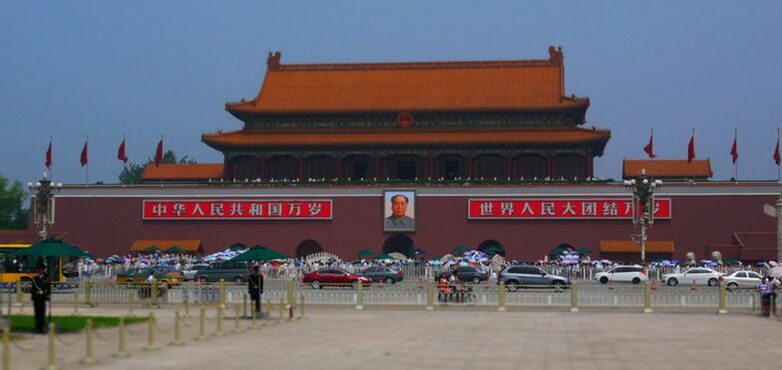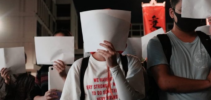The population's indignation and frustration with the “zero Covid” policy, imposed by the authorities to fight the pandemic, resulted, last weekend, in the biggest protests in decades in the country.
ADVERTISING
Starting this Friday (2), the metropolis of Chengdu (southwest) will stop requiring a recent negative test to allow entry into public places or access to the subway. Now all you need is a green health passport, which confirms that the person has not been through any “high risk” area.
In the capital Beijing, authorities asked hospitals to stop rejecting patients who do not have a negative PCR test for less than 48 hours.
China has recorded several deaths due to delays in medical treatments caused by anti-covid measures. This was the case of a four-month-old baby who died due to the requirement to remain in quarantine with his father.
ADVERTISING
In January, in the city of Xi'an, a pregnant woman lost her baby at the door of a hospital that did not allow her entry because she did not present a negative test result.
Last weekend's demonstrations once again recalled these deaths. On social media, a widely shared message has a list of names of people who died as a result of negligence caused by health restrictions.
Other cities, also affected by new coronavirus outbreaks, began to authorize the reopening of restaurants, shopping centers and schools, leaving aside the severe measures that were in force.
ADVERTISING
Quarantine at home
In the city of Urumqi, capital of the Xinjiang region (northwest), the scene of a fire that led to the first demonstrations, authorities announced this Friday that supermarkets, hotels, restaurants and ski resorts will gradually reopen.
The city, which has more than four million inhabitants, faced one of the longest confinements in China. Some neighborhoods had been closed since August.
On November 26, a fire in a residential building caused 10 deaths. Many people stated that the firefighters' work was hampered by the city's anti-Covid restrictions.
ADVERTISING
Diário do Povo, the Communist Party's newspaper, publishes this Friday statements from health experts who support the measures announced by some regional authorities to allow people who test positive for covid to quarantine at home.
This is a radical departure from norms prevailing in much of the country, which require infected people to remain confined in government facilities.
The government has also suggested it may ease restrictions across the country. Vice Prime Minister Sun Chunlan acknowledged, on Wednesday in a speech to the National Health Commission, that the omicron variant was less dangerous and stated that the vaccination rate had increased in the country, according to the state agency Xinhua.
ADVERTISING
A central figure in the Chinese strategy to combat the pandemic, Sun made no mention of the zero-tolerance policy for Covid, suggesting that perhaps this policy, which has affected the lives of the population and the country's economy for three years, could soon be eased. .
(With AFP)




